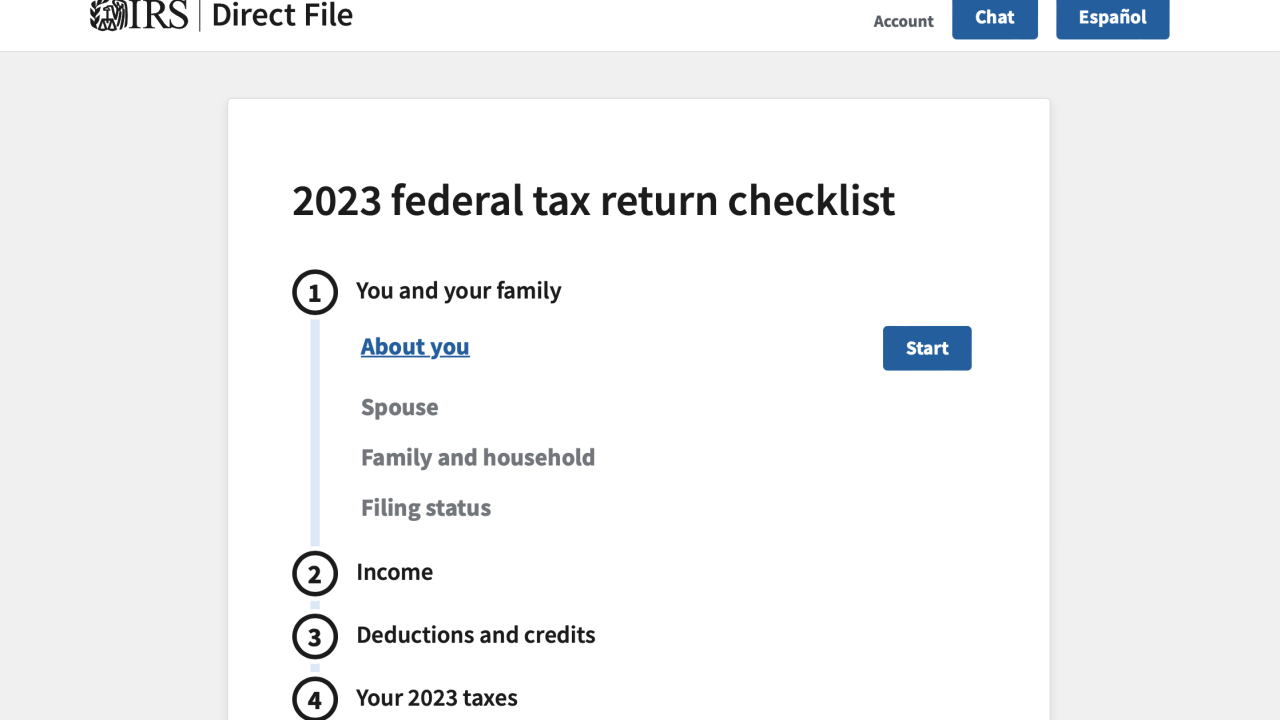A federal appeals court has
The 3rd U.S. Circuit Court of Appeals upheld two earlier rulings in a class-action lawsuit against Intuit, Block, the Free File Alliance and the IRS (see
In 2008, a district court dismissed the IOAA claim with prejudice and the antitrust claim with leave to amend. Byers filed a second amended complaint, but in March 2009, the district court dismissed the antitrust claim with prejudice. Byers appealed the dismissal of her claims, but the appeals courts three-judge panel ruled unanimously against her and Seltzer.
The appeals court agreed with the lower court that the IOAA claim does not apply to private companies like those in the Free File Alliance, but only to government agencies. Byers had claimed that since the FFA members provided e-filing services pursuant to agreements with the IRS, the IOAA should apply to the fees charged by Free File Alliance members.
Byers had cited another case, Thomas v. Network Solutions, in support of her claim, but the appeals court disagreed. We cannot accept Byers argument since she erroneously conflates the statutory duty delegated to the IRS i.e., collecting and processing tax returns with the services provided by the FFA members i.e., preparing and filing the returns.
The judges also disagreed with the argument that the IRS effectively controlled the conduct of the FFA members, since Byers acknowledged that despite the agreement with the IRS, they were free to charge whatever they saw fit for their e-filing services.
The appeals court also agreed with the district courts dismissal of the Sherman Antitrust claim on the ground that the FFA members are entitled to conduct-based implied antitrust immunity.
The appeals court found that Byers failed to assert sufficient allegations in her second amended complaint to invoke an exception known as the Otter Tail exception, named after a Supreme Court decision involving Otter Tail Power Co., which established an exception to the doctrine of implied antitrust immunity. Byers had cited a 2006 report by the Treasury Inspector General for Tax Administration that found fault with the 2005 agreement between the IRS and the Free File Alliance members, but she had omitted the IRS response in the report, which the court found to be more reflective of the IRSs official stance on the Free File program.





